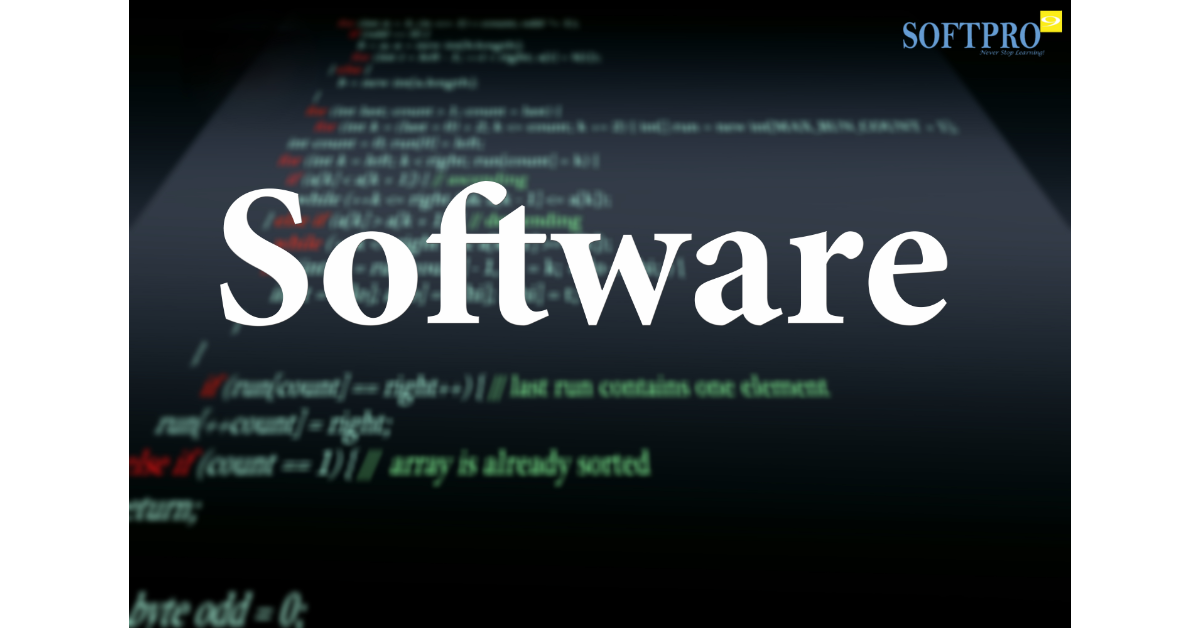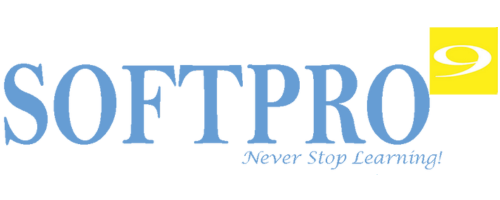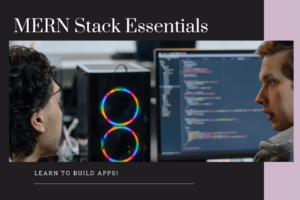
Why Should Everyone Consider a Software Course in 2024?
#1 Myinstitutes.com is one of the Best Educational Portal and Training Institutes in MYSORE, MANGALORE, and BANGALORE.
Why Should Everyone Consider a Software Course in 2024?
As the digital landscape continues to evolve and reshape the world, the relevance of Software skills has never been greater. In 2024, a software course goes beyond just enhancing one’s technical abilities; it provides a toolkit to adapt, excel, and thrive in a tech-driven world that touches every sector, from healthcare to finance, education, and beyond. Here’s why everyone should consider taking a software course in 2024:
1. Versatile Career Opportunities Across Fields
Software skills are now fundamental across virtually all industries, not just traditional tech roles. Fields like finance, healthcare, marketing, and even arts now incorporate technology, and roles often demand some level of digital literacy. Whether it’s data analytics, project management, operations, or customer service, software skills broaden job prospects and open doors to versatile, high-paying roles that were once out of reach for those without a technical background.
2. Enhanced Problem-Solving and Logical Thinking Skills
Learning software and coding encourages structured thinking, patience, and resilience. As students navigate debugging and code optimization, they refine their problem-solving skills, learning how to break down complex tasks into manageable parts and think systematically. This logical approach enhances not only technical abilities but also improves decision-making skills in non-technical areas, helping individuals become more effective in any role or industry.
3. Increasing Automation and Need for Digital Literacy
Automation and AI are accelerating, and professionals with software skills are uniquely positioned to contribute to or even lead these changes. From automating tasks to improving workflows, software skills equip individuals with the ability to engage meaningfully in digital transformation. A software course can empower individuals to control, customize, or at least understand automation tools, fostering independence and efficiency.
4. Greater Freelance and Remote Work Flexibility
With the rise of freelance platforms and the global shift toward remote work, software skills provide the flexibility to work from virtually anywhere. Coding, web development, data analysis, and app design are in high demand in the gig economy, making software skills a valuable asset for freelancers and those seeking alternative income streams. Mastering software skills can empower individuals to pursue self-employment or side projects, building a flexible career that fits their lifestyle.
5. Building Resilience for Future Job Market Changes
As technology progresses, so does the job market, where adaptability is key. Software courses teach foundational skills that can be applied to different software languages and tools, helping people to remain relevant as job requirements evolve. Understanding how software works, even at a basic level, prepares individuals for career shifts and enables them to upskill quickly as new opportunities emerge.
6. Enhanced Creativity and Innovation in Problem-Solving
While coding may seem purely technical, it is also a creative skill. Many software courses encourage creative approaches to problem-solving, such as designing unique websites, building interactive applications, or using data to tell compelling stories. This combination of creativity and functionality is especially appealing in fields where storytelling or user experience is key, such as marketing, content creation, or UX/UI design.
7. Improved Personal Productivity and Everyday Efficiency
Software skills aren’t only for professional development; they also help streamline personal tasks. From creating automated workflows to managing personal data, knowing software basics can make daily life more efficient. People can leverage software to simplify budgeting, set up automated reminders, organize files, and even protect digital privacy, making technology a valuable personal productivity tool.
8. A Gateway to Understanding Emerging Technologies
Software skills are the foundation for understanding and engaging with cutting-edge technologies like artificial intelligence, machine learning, blockchain, and augmented reality. A software course provides the basic knowledge needed to explore these advanced areas, helping individuals understand how they can be applied both personally and professionally. In a world where emerging technologies influence nearly every aspect of life, having even a foundational understanding can be empowering.
9. Building Confidence and Competence in a Digital-First World
In 2024, digital confidence is an asset. Taking a software course builds confidence in navigating technology and increases comfort with digital tools, reducing the learning curve for new applications and platforms. This competence is an advantage in professional settings, helping individuals adapt quickly and stand out as capable, tech-savvy contributors within their teams.
Conclusion
In 2024, a software course isn’t just about learning to code; it’s about building a strong foundation for the future. Whether for career advancement, personal productivity, or simply staying relevant in a fast-paced world, software skills empower individuals to be adaptable, resilient, and innovative. A software course opens doors, simplifies lives, and provides the confidence to navigate and shape the digital age.



